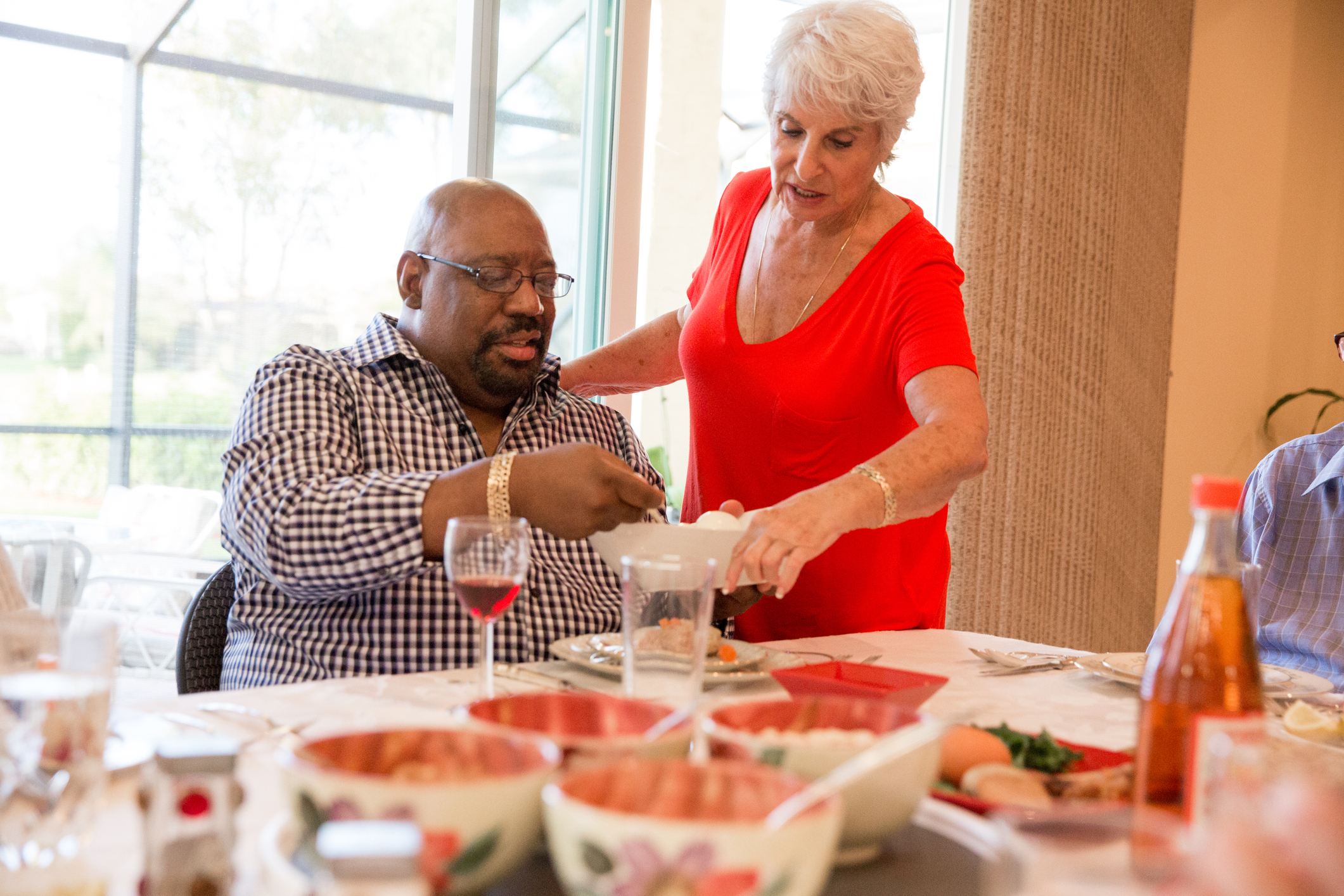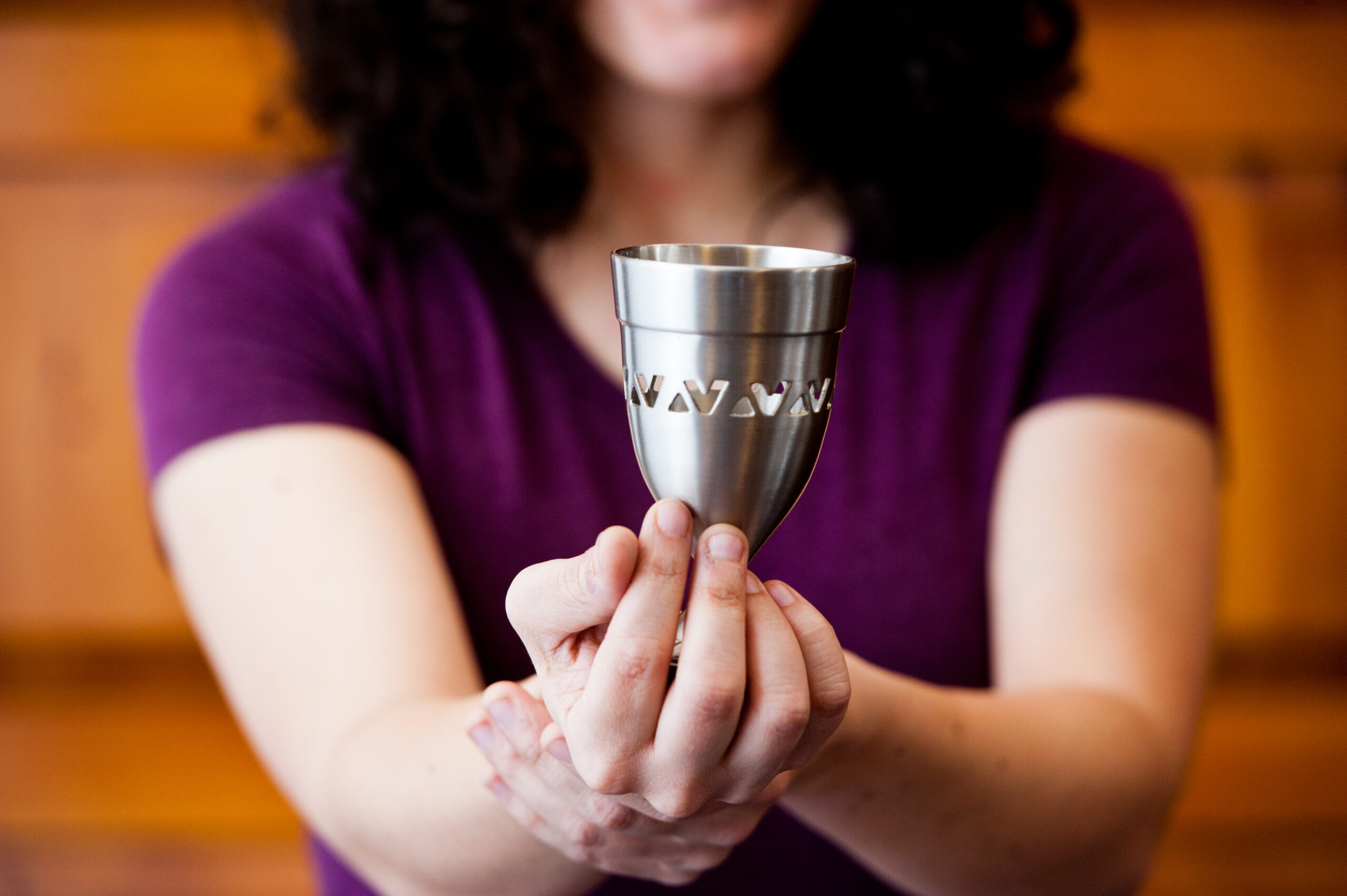Reader:
To remind us that until all of us are free, none of us are truly free. Battered women and their children live under a domestic reign of terror, and can only dream of the promised land of freedom. Even for those who dare to flee, with pharaoh right behind them, the desert is wide and dangerous.
All:
Let us recite together these plagues that women and children have experienced:
- Disbelief
- Shame
- Incest
- Humiliation
- Stalking
- Nightmares
- Threats
- Rape
- Isolation
- Beatings
All:
We say tonight to battered women: We hear you, we believe you, and we will walk beside you through the desert. Together we can make the road less desolate so that those bound by domestic abuse will come to know the taste of liberation, the meaning of redemption, and the experience of shalom.
From Dancing in Miriam’s Footsteps: Women’s Seder, Broward County, Florida, 2000. Used with permission.












